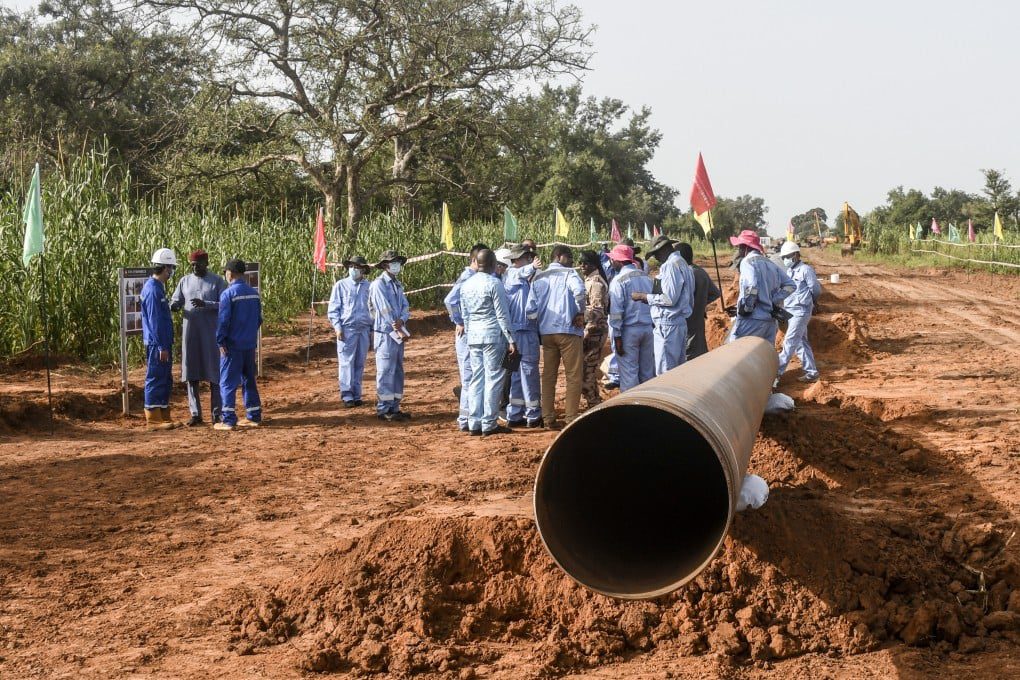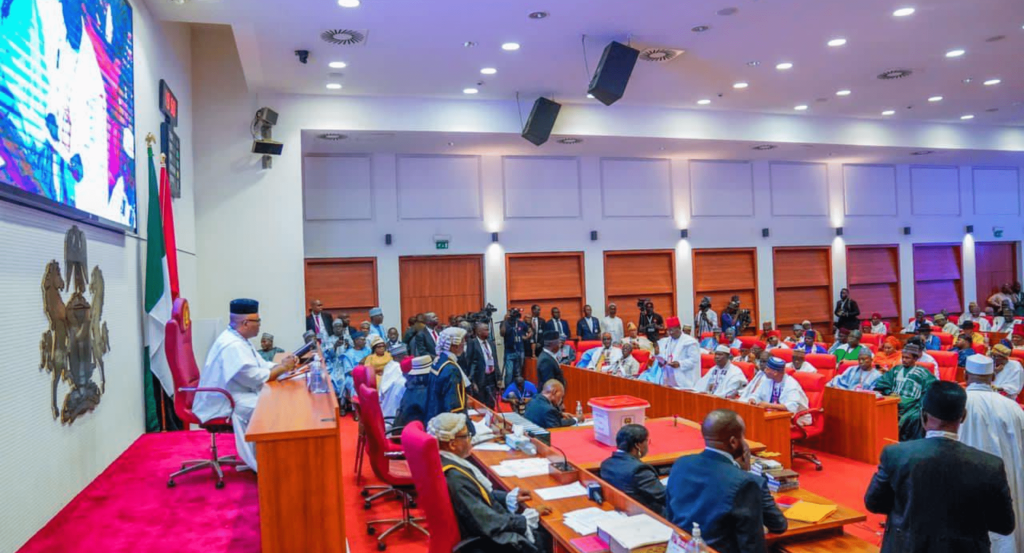Beninese President Patrice Talon revealed that despite the first drops of Nigerien oil arriving at the Sèmè Kraké port in Benin two weeks ago, Niger will no longer use this port for its oil exports. In a statement on Wednesday, Talon attributed this decision to Niger’s political stance, particularly in the aftermath of the July 2023 coup.
The relationship between Benin and Niger has been strained, largely due to sanctions imposed by the Economic Community of West African States (ECOWAS) on Niger following the coup. Although ECOWAS had threatened military intervention, it never materialized. Niger retaliated by closing its border with Benin, despite Benin’s attempts to ease tensions by gradually reopening its side of the border.
Talon criticized Niger for rejecting formal trade cooperation, despite Benin’s significant exports of staples to Niger. He also pointed out that the closed Nigerien border has led to increased informal trade, causing price hikes that hurt Beninese citizens. Talon made it clear that reopening the Sèmè port for Nigerien oil exports is tied to the normalization of trade relations between the two countries.
The pipeline linking Koulele in Niger to the Sèmè port was expected to produce 90,000 barrels per day, which would have significantly boosted Niger’s status as a regional oil producer. Currently, Niger pumps around 20,000 barrels per day, mostly from China National Petroleum Corp. projects in the Agadem Rift Basin.



























